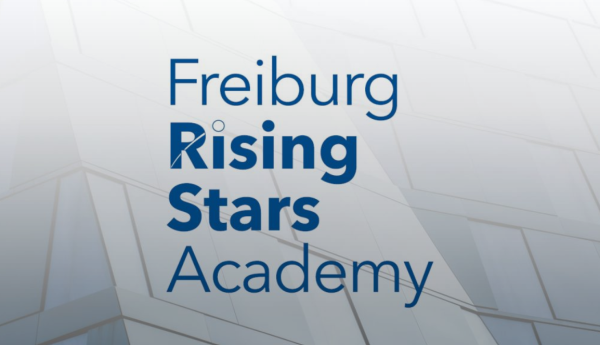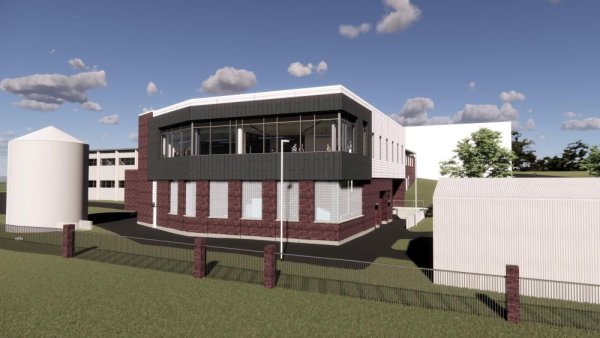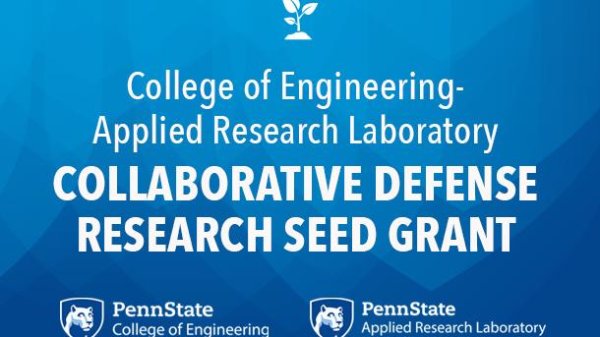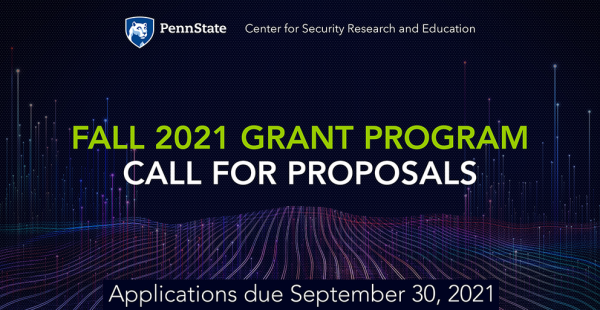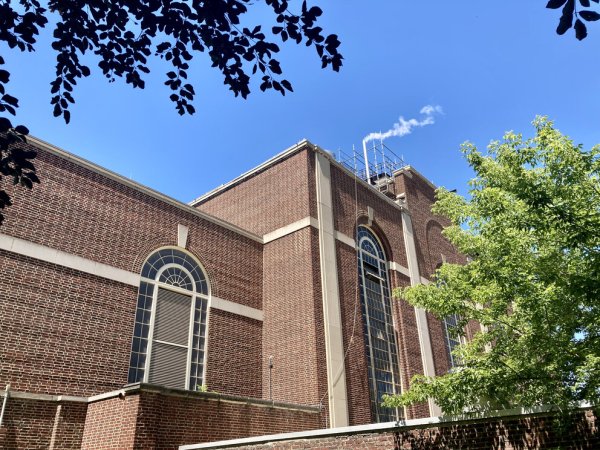Novel method of imaging silicon anode degradation may lead to better batteries
| news.psu.edu
A novel method of characterizing the structural and chemical evolution of silicon and a thin layer that governs battery stability may enable better lithium batteries.
Making climate policy models more relevant
| by Wei Peng
To assist climate policy making, the research community has developed a powerful set of tools to combine insights from economics, technology, and climate science. However, according to Wei Peng (School of International Affairs), these tools miss a crucial factor that shapes climate policy in the real world: Politics. She and her team identify eight political insights that are important for the success of real-world climate policy.
Civic Science Fellow
| aplu.org
The goal of the Civic Science Fellows Program is to co-create strong, diverse, and inclusive connections between science and civic life. Civic Science Fellows are emerging leaders from diverse backgrounds, who are hosted by media, scientific, and philanthropic organizations. Host partners work with fellows to catalyze civic science opportunities. The Fellows become a member of a growing network of enthusiastic advocates for science communication, civic science, and public impact research.
Freiburg Rising Stars Academy – Connecting International Researchers to Freiburg Scientists
| uni-freiburg.de
The Freiburg Rising Stars Academy is your door opener to the University of Freiburg. In 2021, we are welcoming early-career scientists from the fields of Materials Science, Chemistry, Biology, Genetics, Informatics, Physics, Engineering, Microscopy, Medicine, and related interdisciplinary fields to apply as Rising Stars.
Nuclear science, engineering spark collaborations across Penn State and beyond
| psu.edu
The Radiation Science & Engineering Center, home to the Breazeale Reactor —the nation’s first licensed and longest continuously operating nuclear research reactor — is expanding to accommodate an equipment donation valued at $9.8 million and to facilitate more advanced neutron beam research as well as the growth of nuclear engineering at Penn State.
New assistant professor to measure impact in machinery, culture
| psu.edu
Tamy Guimarães, a new assistant professor in the Penn State Department of Mechanical Engineering who joined the faculty in July, aims to explore enhanced instrumentation for machines, and to inspire and support underrepresented groups in engineering.
Engineering and Applied Research Laboratory award defense research seed grants
| psu.edu
In support of multidisciplinary research, the Penn State College of Engineering and the Penn State Applied Research Laboratory collaborated to create a new seed grant program. Five faculty teams have been awarded the inaugural College of Engineering-Applied Research Laboratory Collaborative Defense Research Seed Grant.
Penn State Security Center announces Fall 2021 Grant Program
| news.psu.edu
The Penn State Center for Security Research and Education is announcing its Fall 2021 Grant Program to support security-related scholarship and educational programs at Penn State. University faculty and researchers are eligible to apply by Sept. 30.
GCSE 2022 Call for Session Proposals
IEE will cover registration costs for those that chair sessions or present in sessions or posters. Please email iee@psu.edu to request this.
Faculty Friday: Charles Anderson
Meet Charles Anderson, an IEE co-fund and Eberly College of Science faculty member. The most important thing he wants you to know about his research is that plants are super-active at the sub-cellular level.
Growing Impact: A guide to decarbonization
| Featuring Wei Peng
In order for the world to meet the challenge of climate change, decarbonization and negative emissions must be part of the discussion. Wei Peng looks to provide policy and tech leadership with information on what decarbonization technology might be effective in the future and how to strategically employ it.
West Campus Steam Plant to begin final testing of new turbine
| news.psu.edu
The new 41-foot long turbine, with the ability to recover and reuse its own generated heat, will help reduce the University’s annual greenhouse gas emissions by an estimated 16,000 tons per year, save the University approximately 10% on energy costs, and provide roughly 20% of University Park’s annual electrical demand and 30% of steam requirements.



